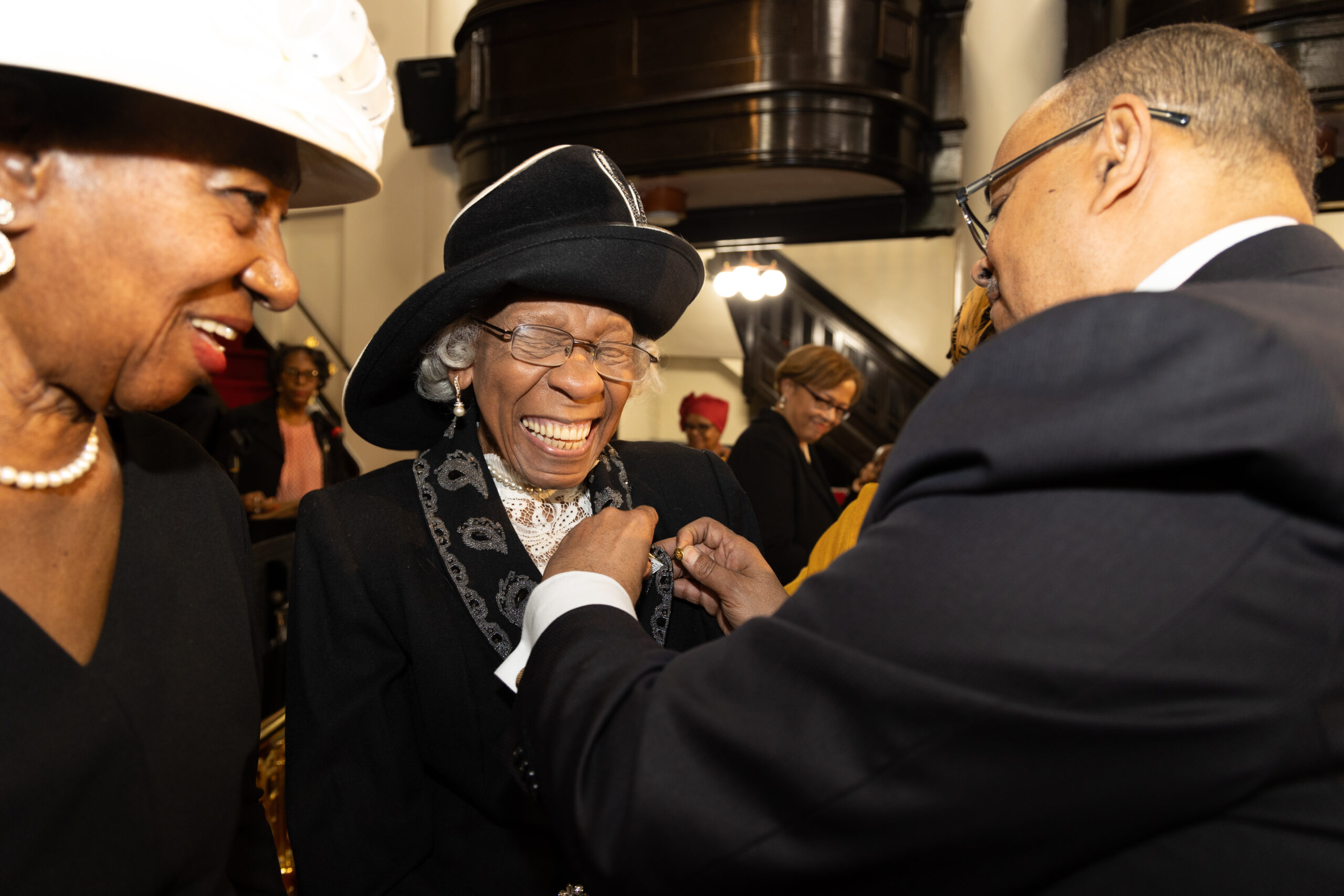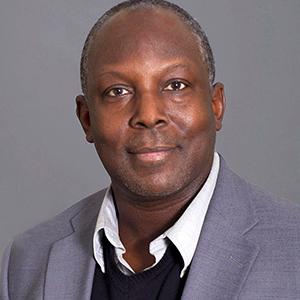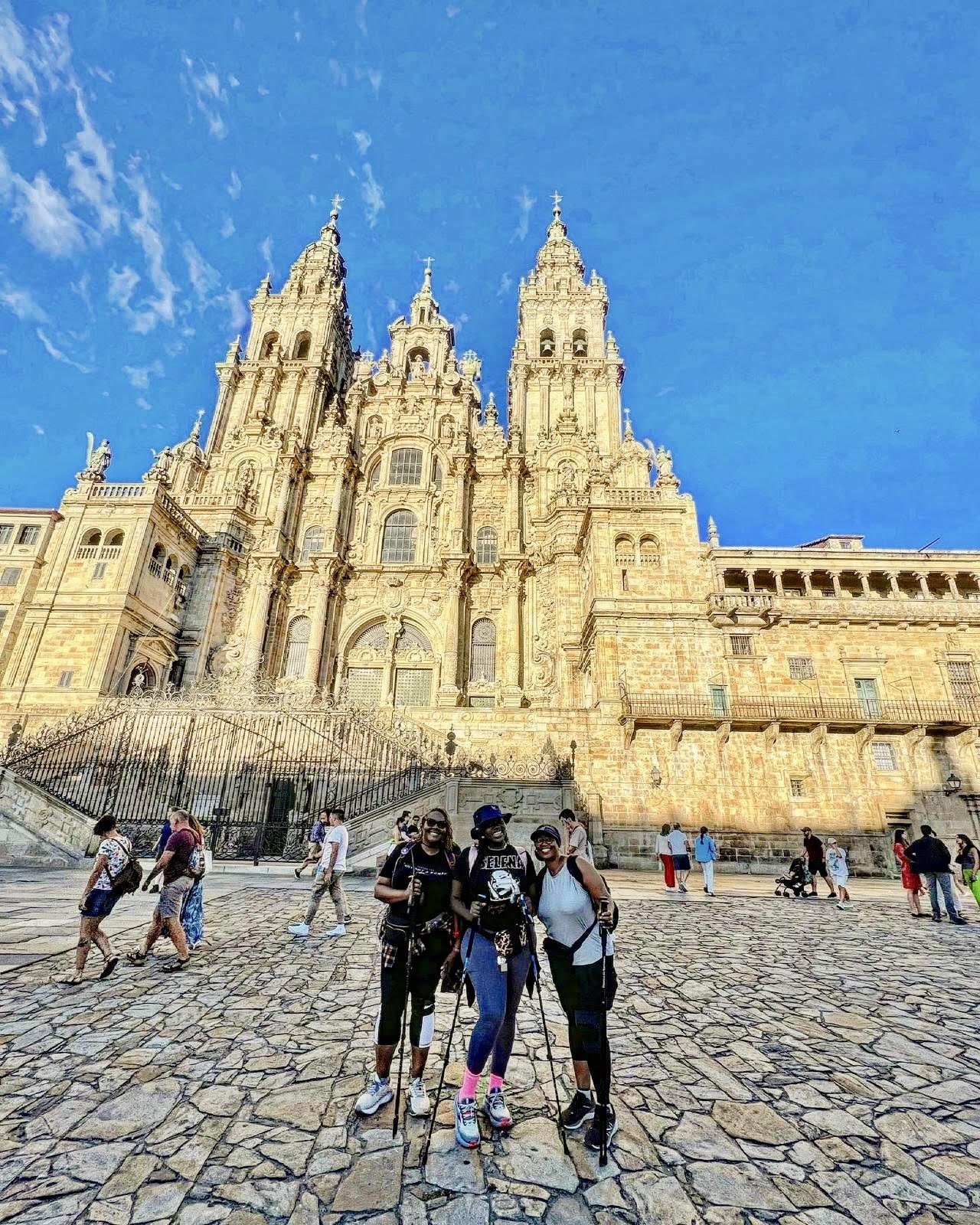By Rev. Kendal L. McBroom, 2nd Episcopal District
As an ordained clergyperson in the African Methodist Episcopal tradition, the director of civil and human rights for a faith-based agency, and a follower of Malcolm X and Jesus Christ, I write as one who believes in freedom and justice, mercy and grace, love and self-empowerment, and salvation and liberation. I do not come to this conversation lightly, nor do I come presuming I have all the answers. Nevertheless, I write as one guided by the spirit of Christ, the wisdom and insight of my African and Indigenous ancestors, and the stories of impacted persons throughout the African Diaspora. These perspectives influence this writing and my very being.
We have heard multiple stories and perspectives about the tragedies in both Israel and Palestine. We have heard countless stories of death, rape, and bombing of innocent civilians. We have not heard as much about the theological underpinnings that have brought us to this point. In Genesis 12, the writers share that God promised to give the land, Canaan, to Abram and his descendants. As we know, this does not happen immediately, and it will be several books and generations before they are able to enter the land. Nevertheless, the language around their arrival is what we must pay close attention to.
See the words of Joshua 3:10: “This is how you will know that the living God is among you and that he will certainly drive out before you the Canaanites, Hittites, Hivites, Perizzites, Girgashites, Amorites, and Jebusites.” There is a declaration that God, the divine creator and sustainer of life, will be with the people as they enter occupied territory and rain down violence upon innocent victims. The text does not deal with the nuances of the people already living there, their history, or their livelihoods. Rather, it makes them collateral damage and dismisses their story as peripheral to the story of God’s relationship with the presumed people of promise.
I take issue with this manifest destiny theology for the same reasons indigenous populations take issue with Christianity and the imperial conquest of the West under the guise of being sent by God. Across history, the narrative is the same. The English, Portuguese, Spanish, and Dutch came to “new lands” and claimed it as their own under the unction and notion that God had preordained the land as theirs, despite the fact that people, humans, and others made in the /imago dei/, were already there. We have seen this narrative played out in the land of our foremothers and forefathers as they stripped away the resources while people, also made in the image and likeness of God, inhabited the land. To assert that the divine instructs us to move in violent, colonizing conquests is to project onto the divine power human emotions, actions, and instincts.
Palestinians are not only up against claims to their homeland. They are up against claims to their humanity and dignity. What we are witnessing is genocide of a people in multiple places of the world at the same time. The church—the African Methodist Episcopal Church in particular, and the Black Church broadly—cannot be silent when we have been victims of these same atrocities. Consider that Black town in your community that is no more–its history gone forever. If we refuse to call what we are seeing what it really is, we will simply allow our history and the history of folk with whom we share a lot in common to plummet into oblivion.
So, I leave you with this question—what will you and your church do to stand in solidarity with those being persecuted in the Middle East, in Sudan, in the Democratic Republic of Congo, in South Sudan, in Venezuela, in Guatemala? How will we show our witness rather than simply attempt to pray these things away?





